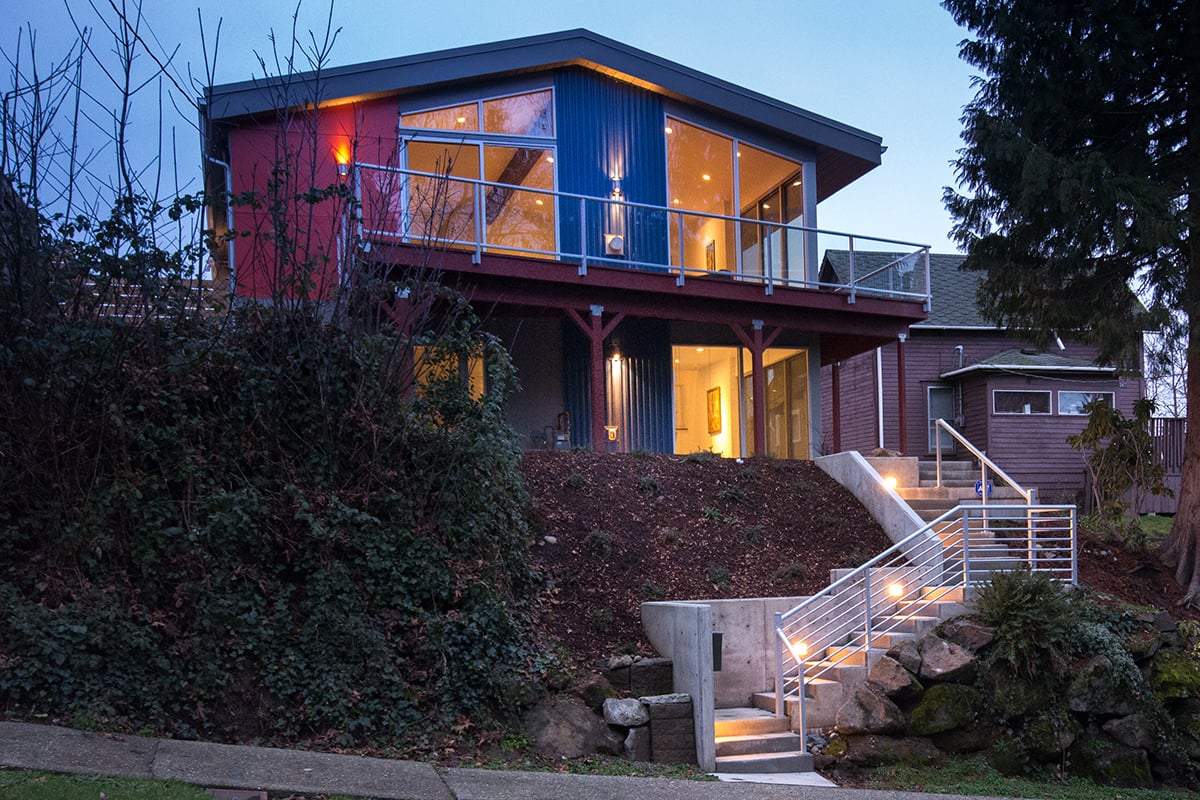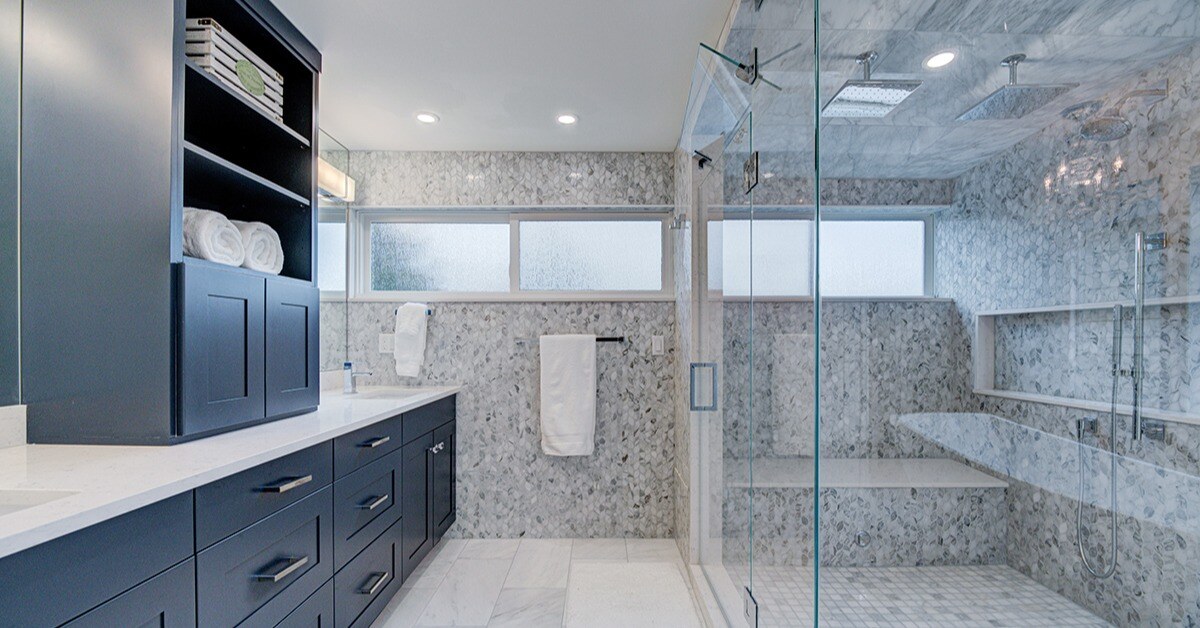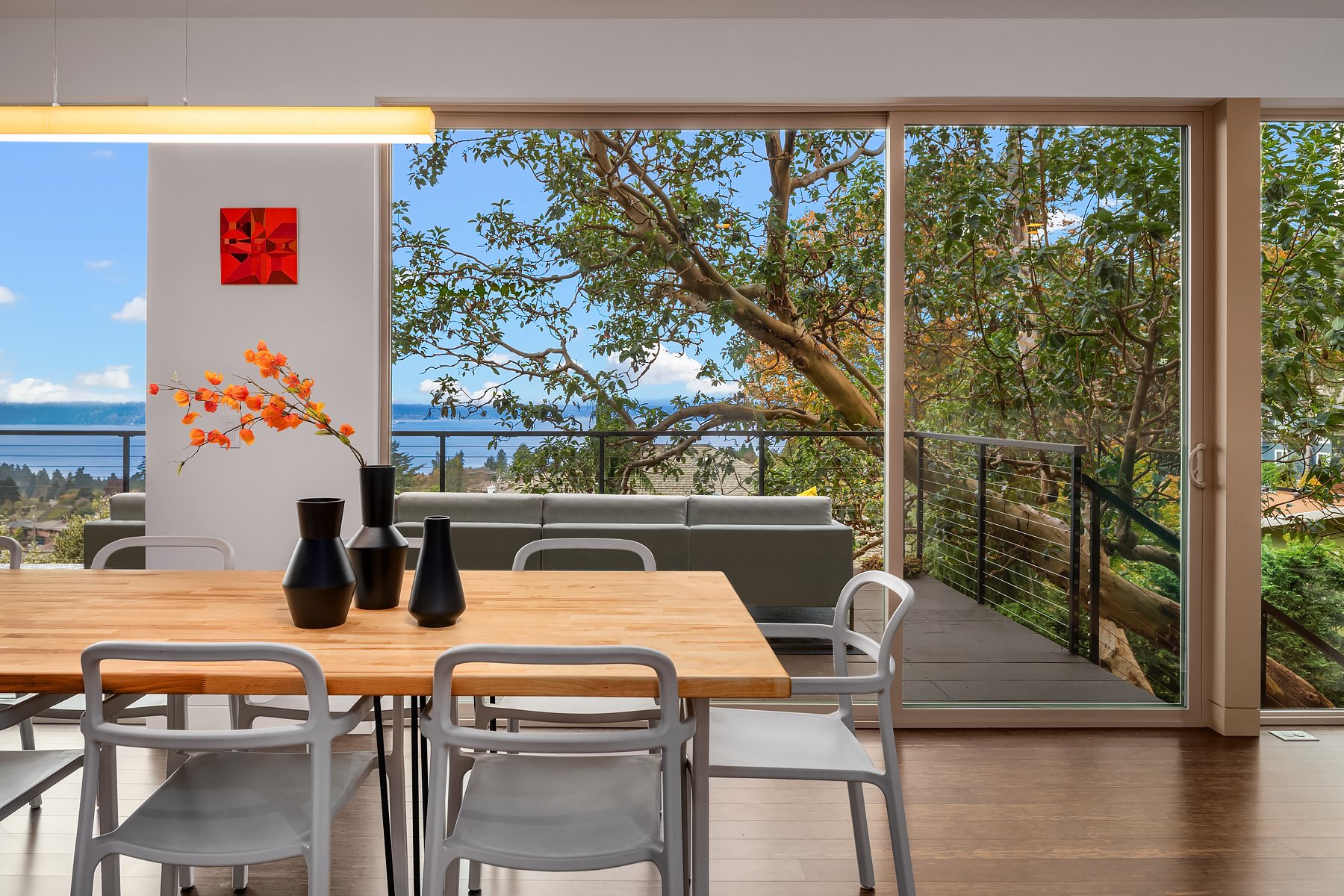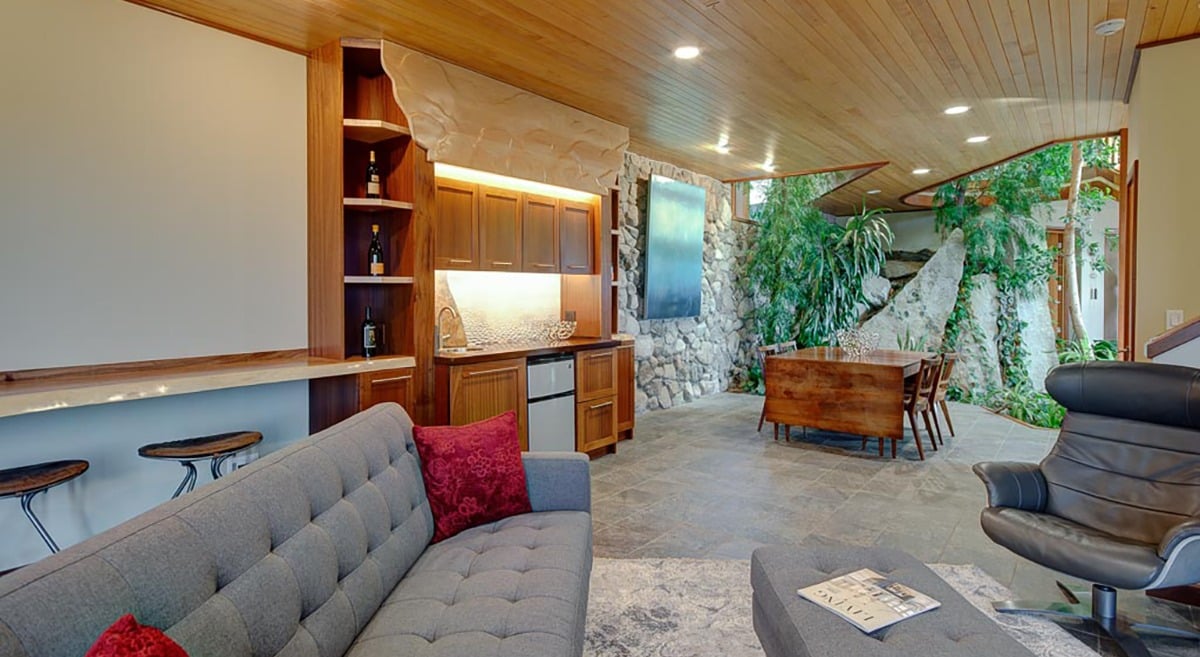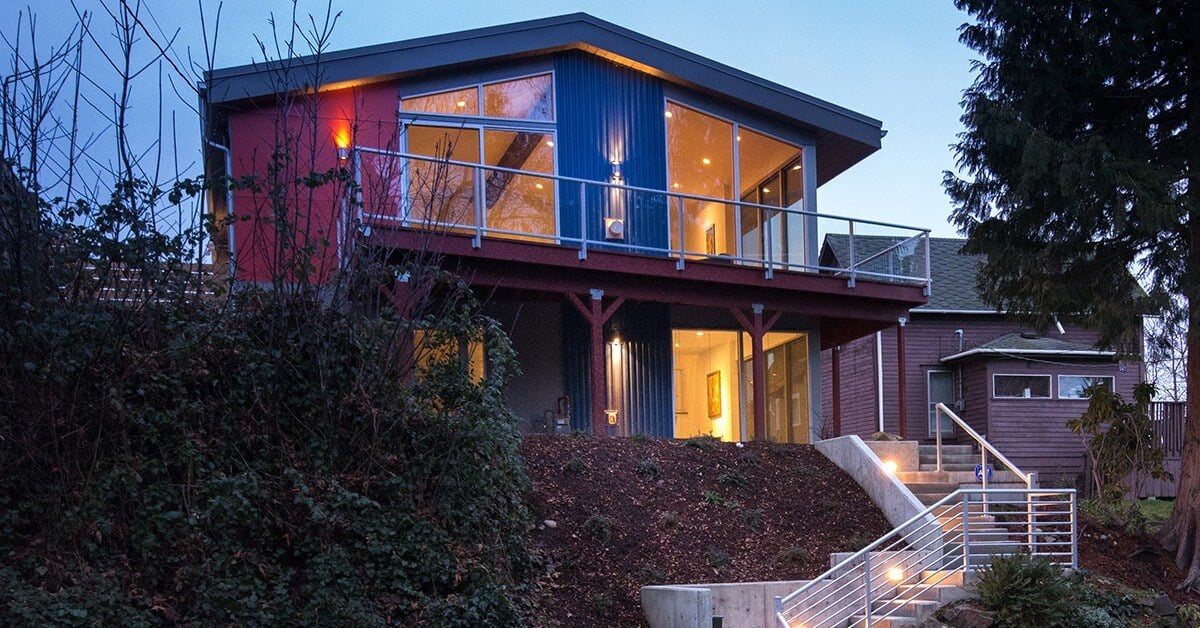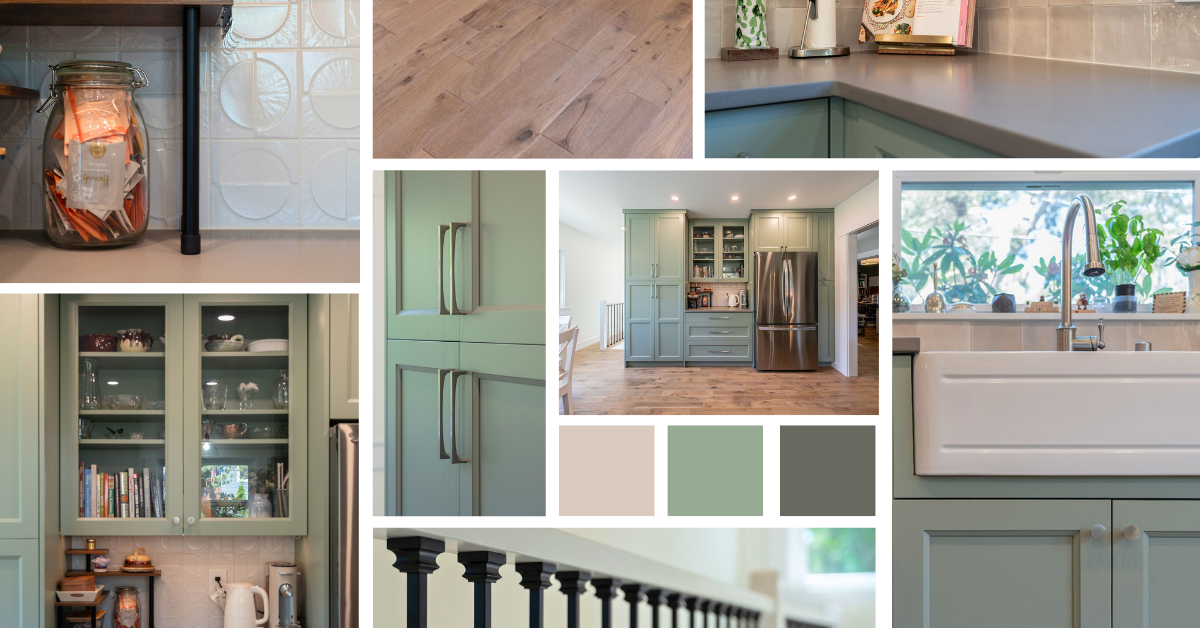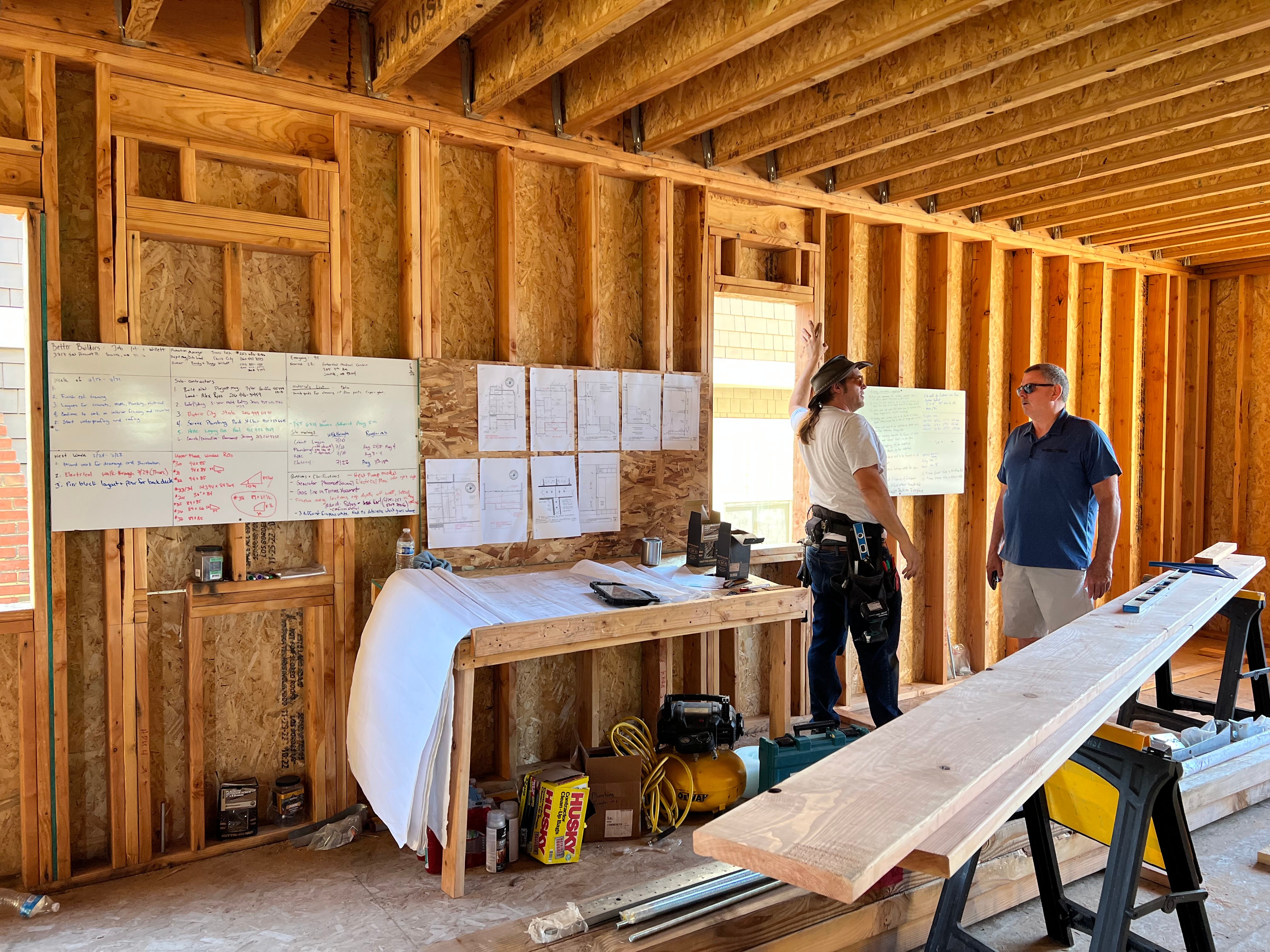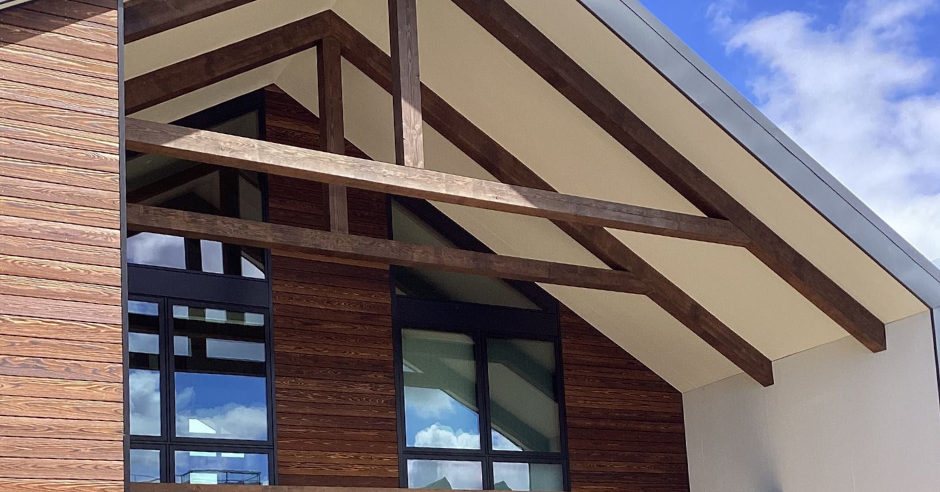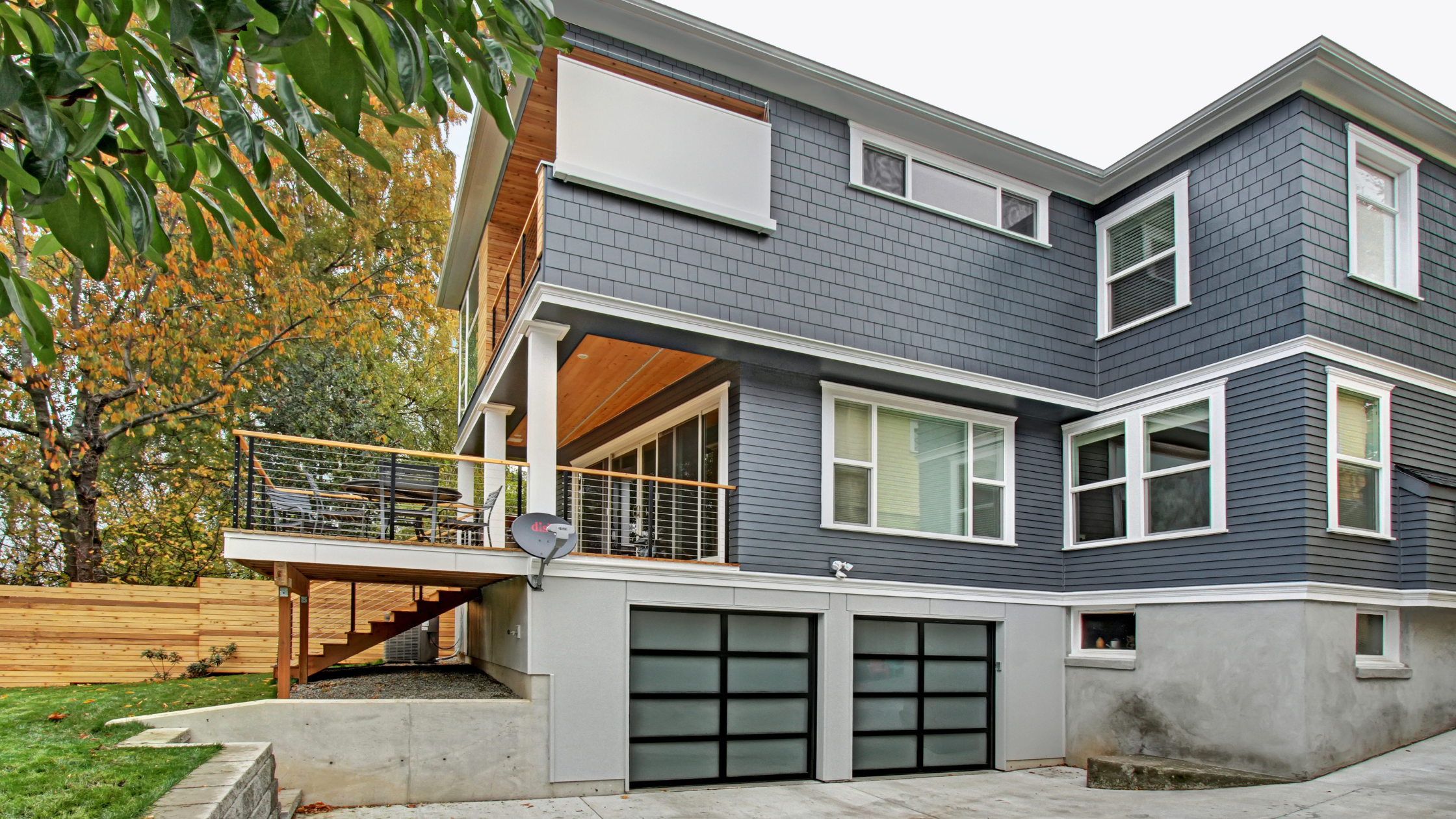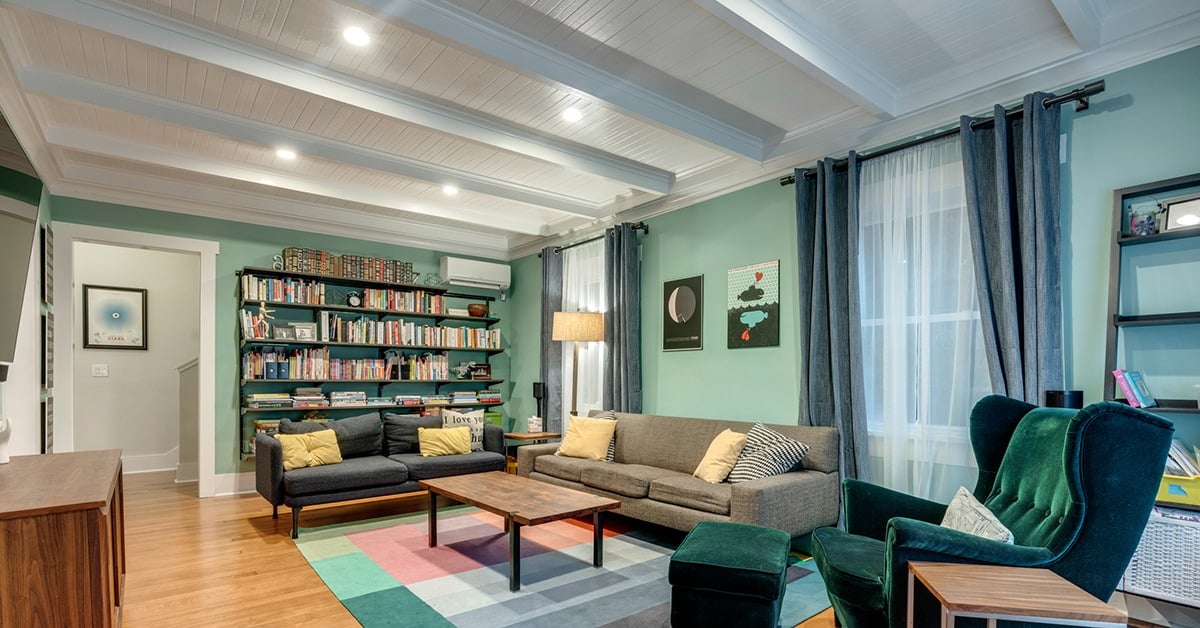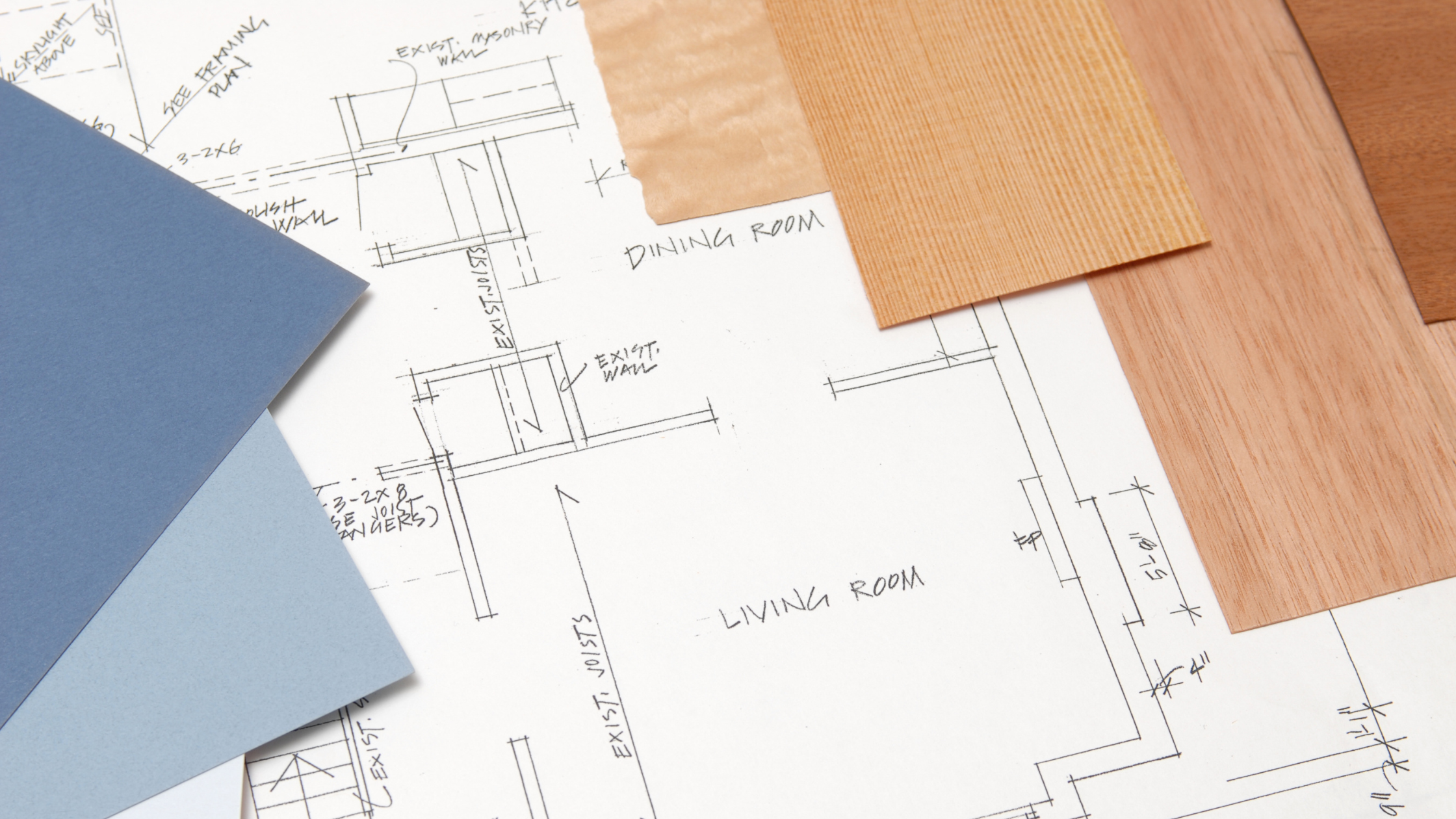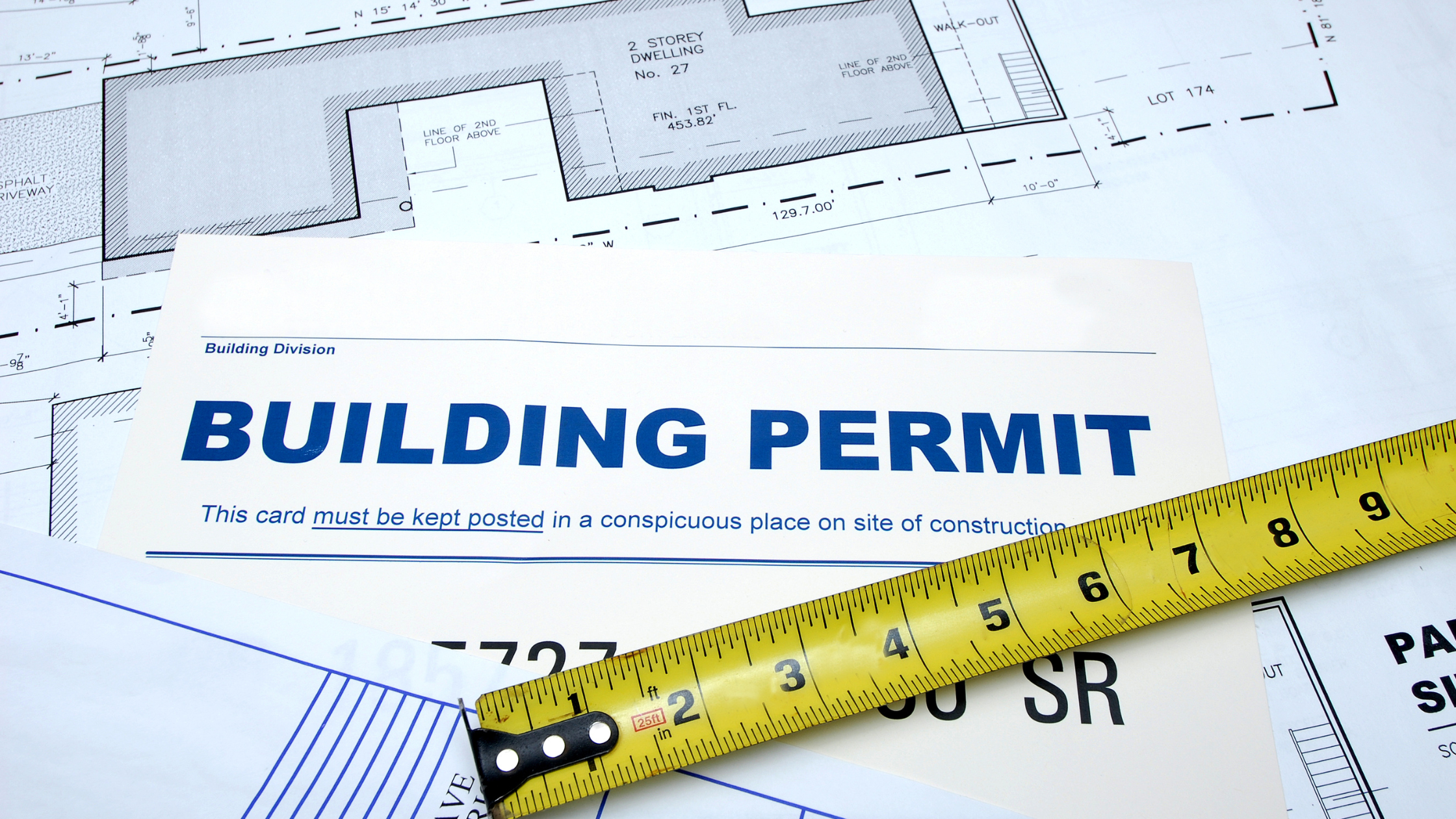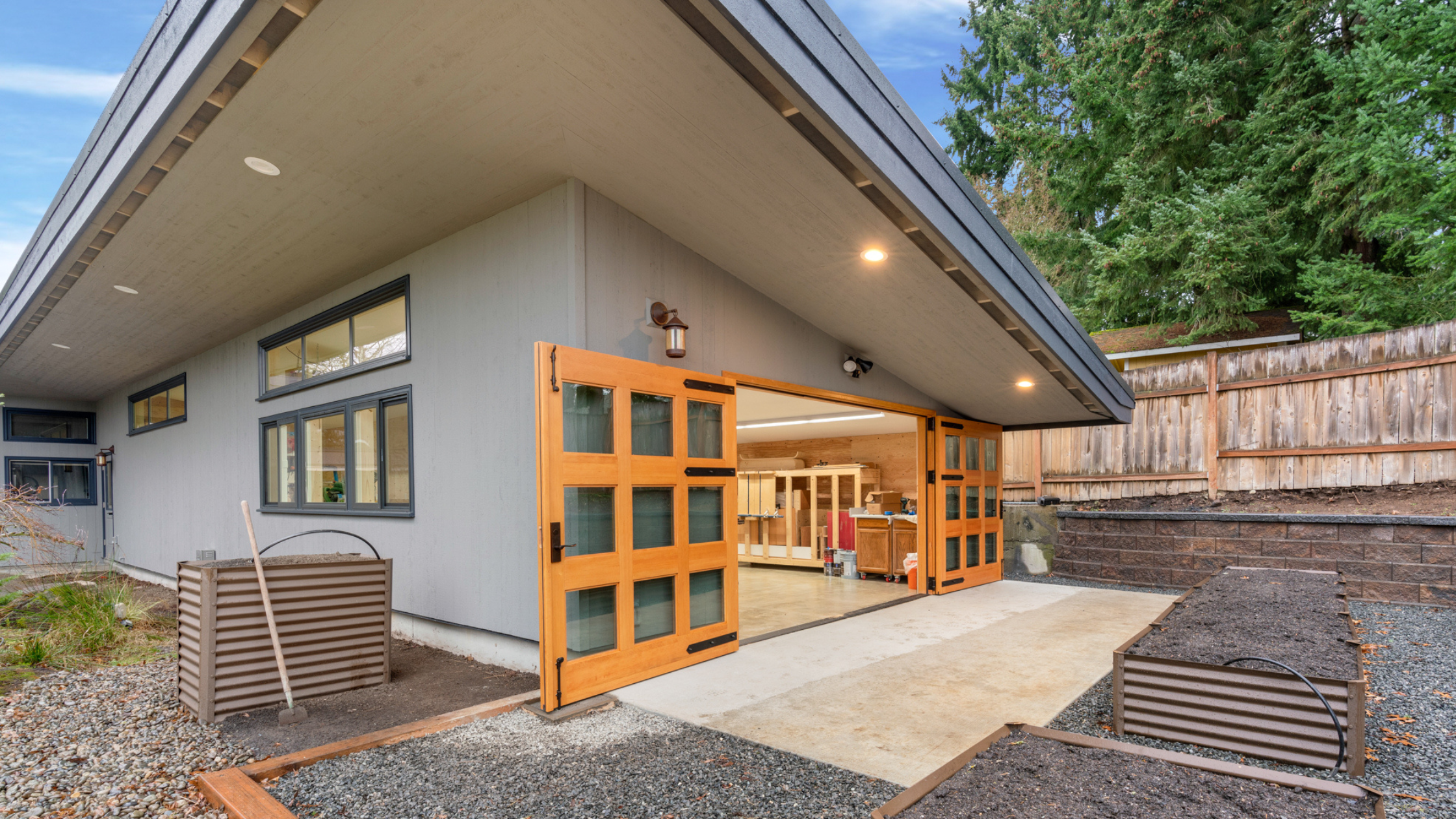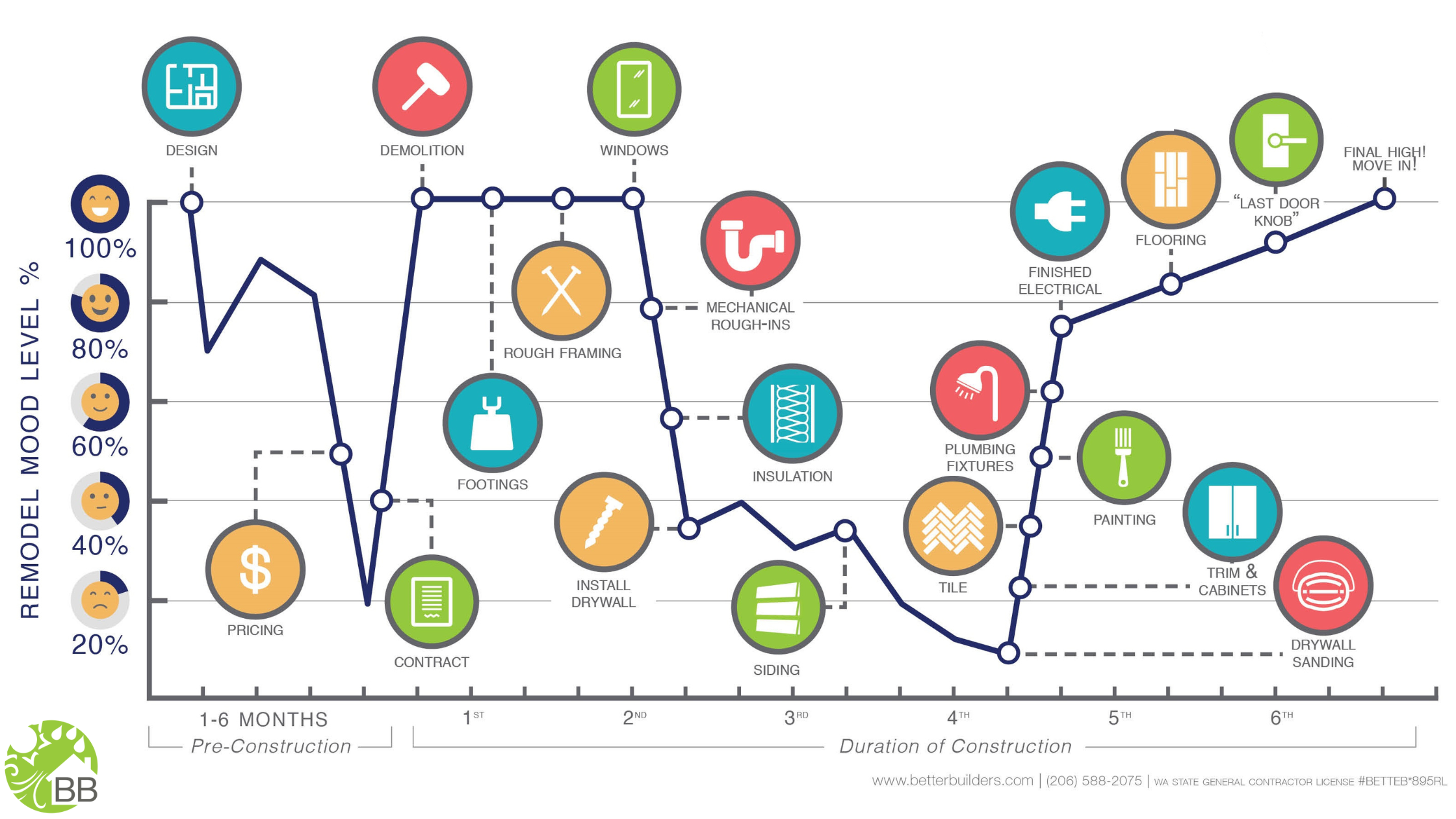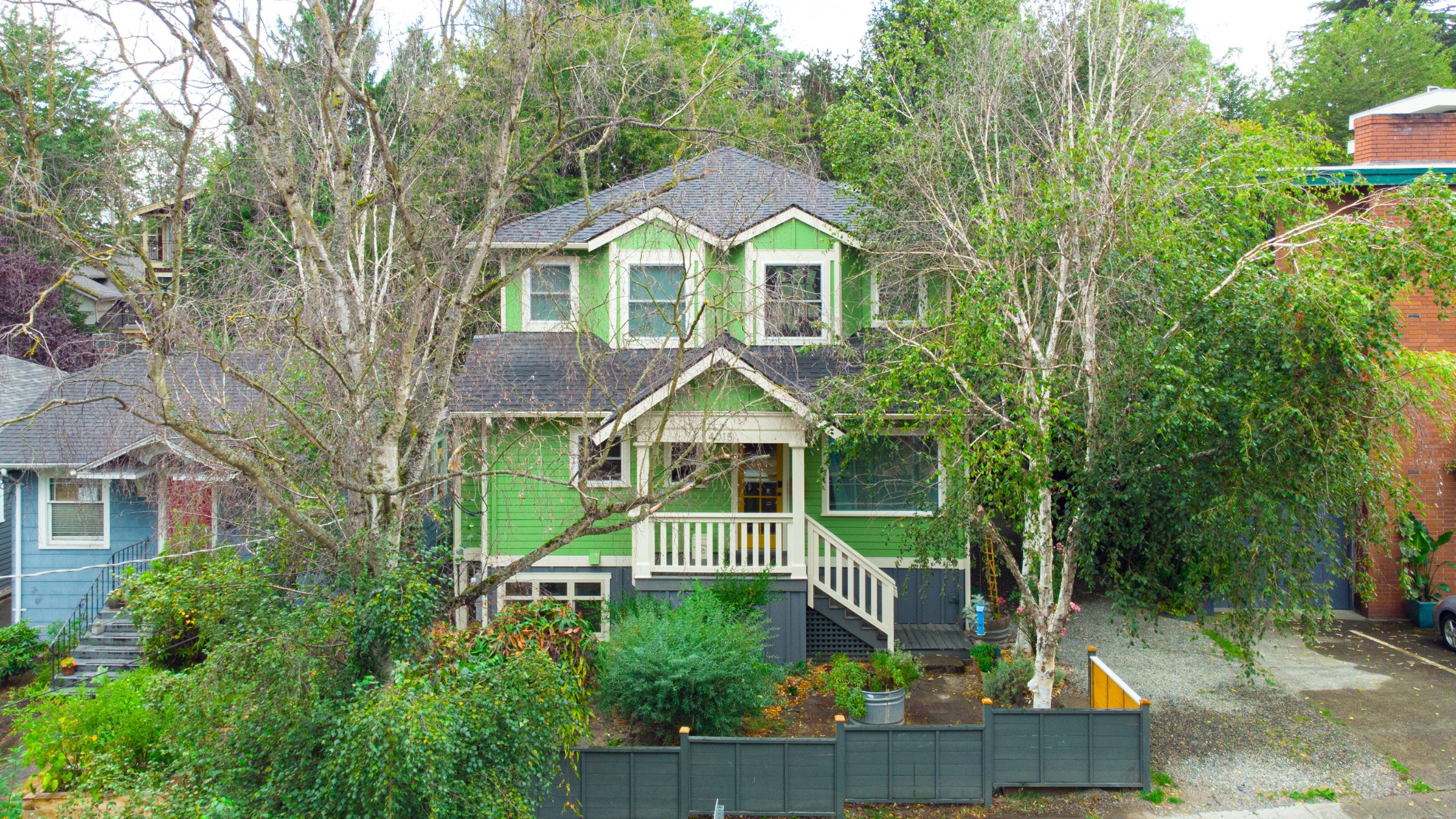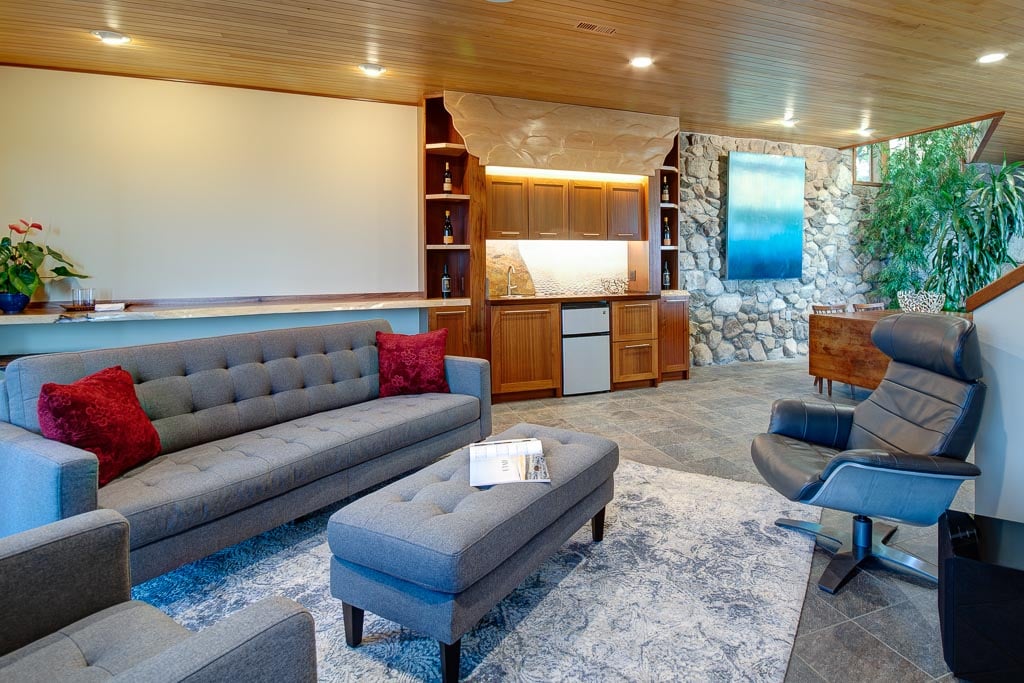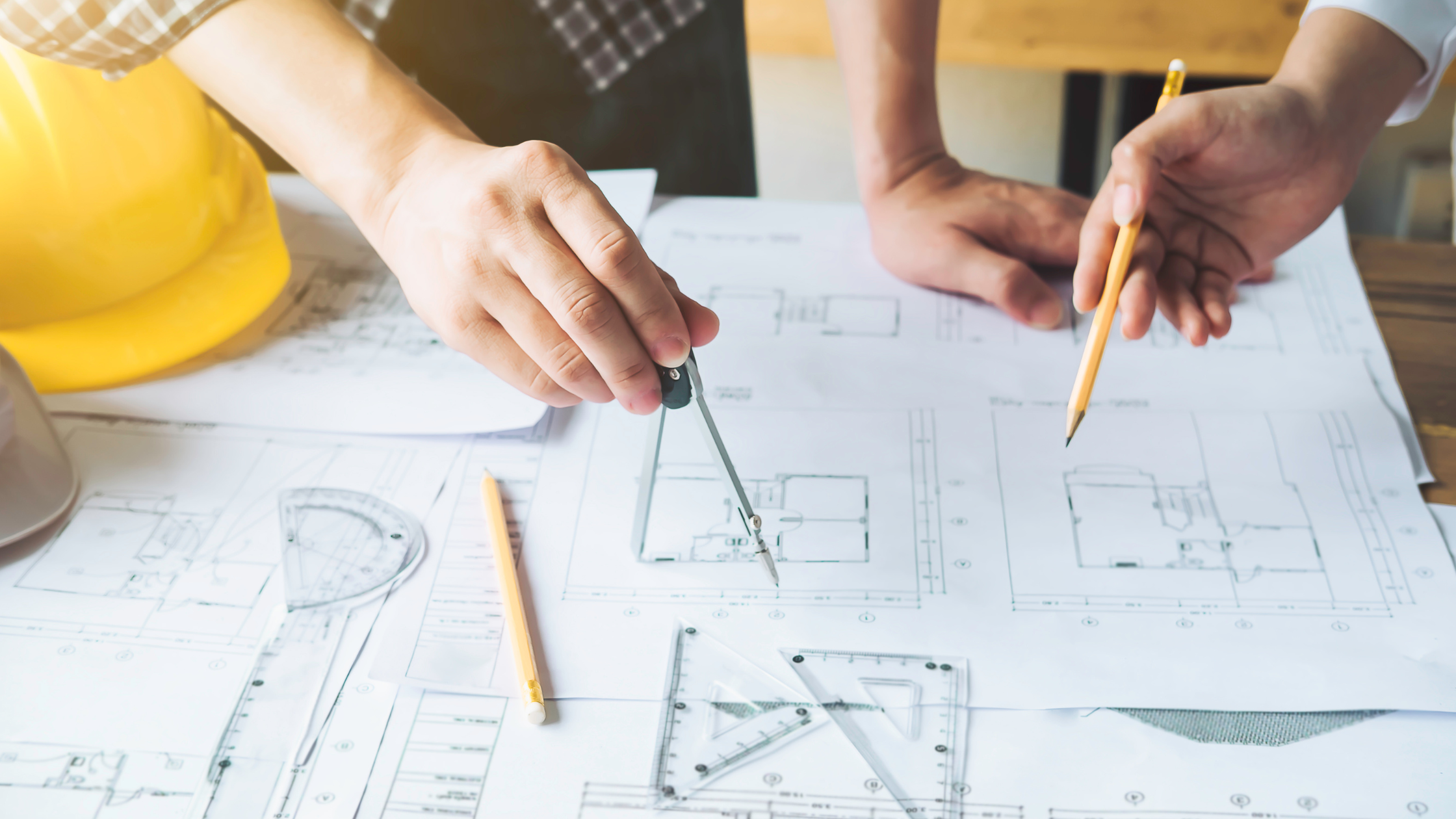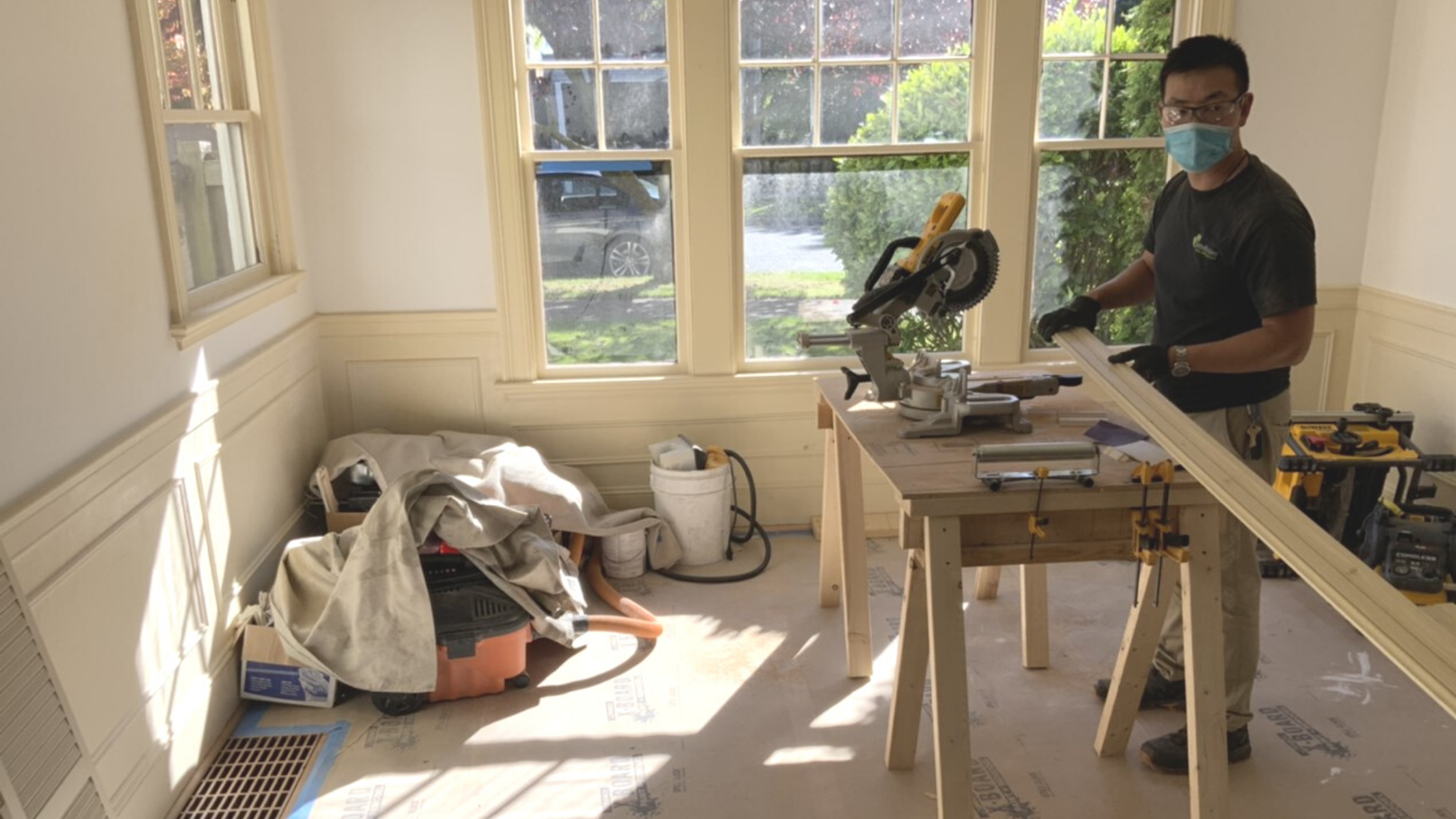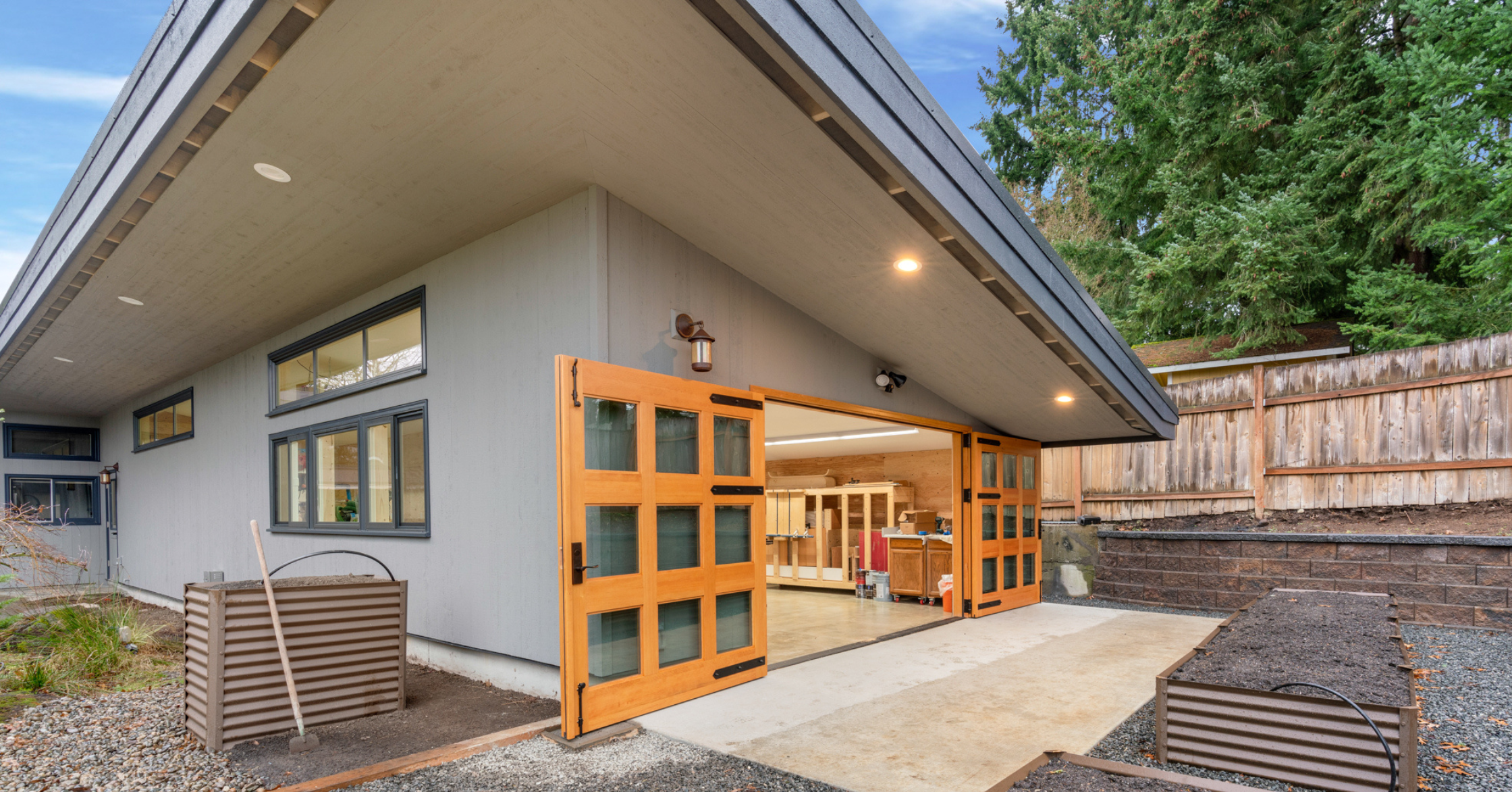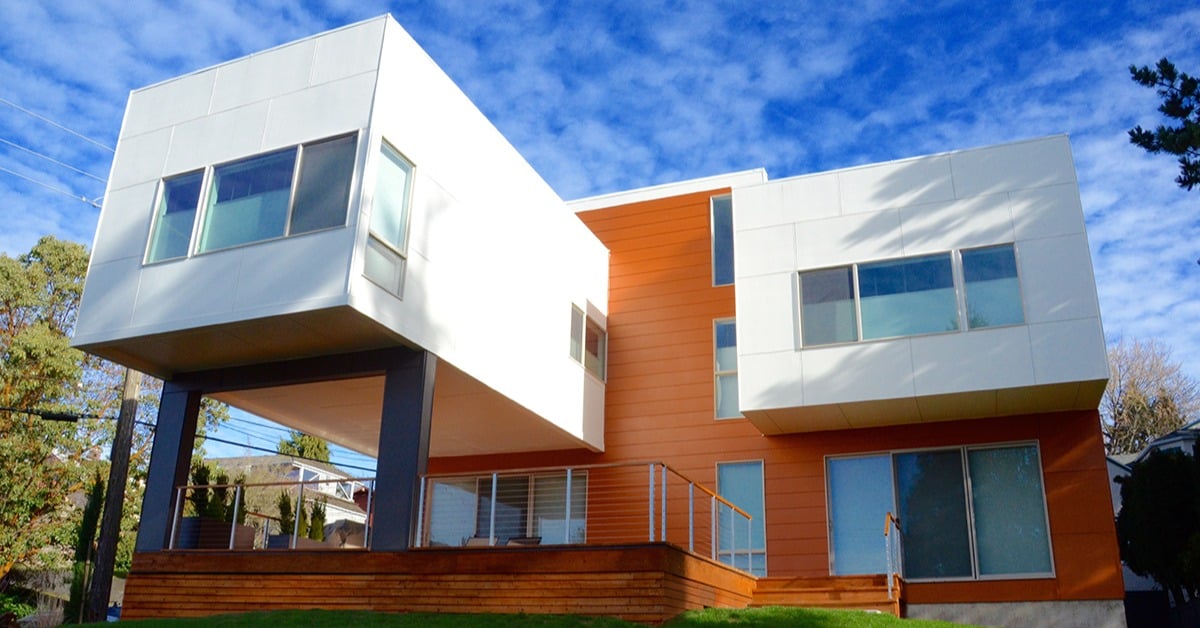This is a very common first question for homeowners to ask. What many people don’t realize is that this is both a very vague and complex question to answer. A similar scenario would be going to a car dealership and asking, “how much does a white car cost?” Well, are you buying a used white Honda or a new white Porsche? What trim package are you interested in? Are you pre-buying a service package?
Like the cost of a car, the cost of a home renovation can vary greatly and will be dictated by your needs and your budget. It’s important to establish both of these early in the conversation. Pricing of different projects varies greatly depending on the client’s end goal.
The Value of Planning
Thorough pre-construction planning allows your builder to be efficient, which stretches your dollar further–not spending valuable time making big decisions when the project has begun. In the long run, a well-planned project will cost less than a poorly planned project because the builder would have identified most of the challenges upfront before the project is started. This is why it's important to bring your contractor into the project as soon as possible when working with a design team. Alternatively, choose a design-build firm that will streamline the process themselves.
Estimate vs. Price
Establishing both the client’s ‘why’ and ‘what’ allows a high-quality contractor to place the project within an estimated price range. An estimate is usually a range in costs, based on recent projects similar to the goals of the homeowner and relative to the experience of the builder. This estimate step allows the builder to assess if the project is a good fit for them and if they are a good fit for the homeowner.
People often ask, “Can you give me a price per square foot?” The honest answer is, no. There are too many variables that are unique to your specific home. To get an exact cost for your project, you need to go through the detailed fixed cost pricing process, where the final price is one number, not a range.
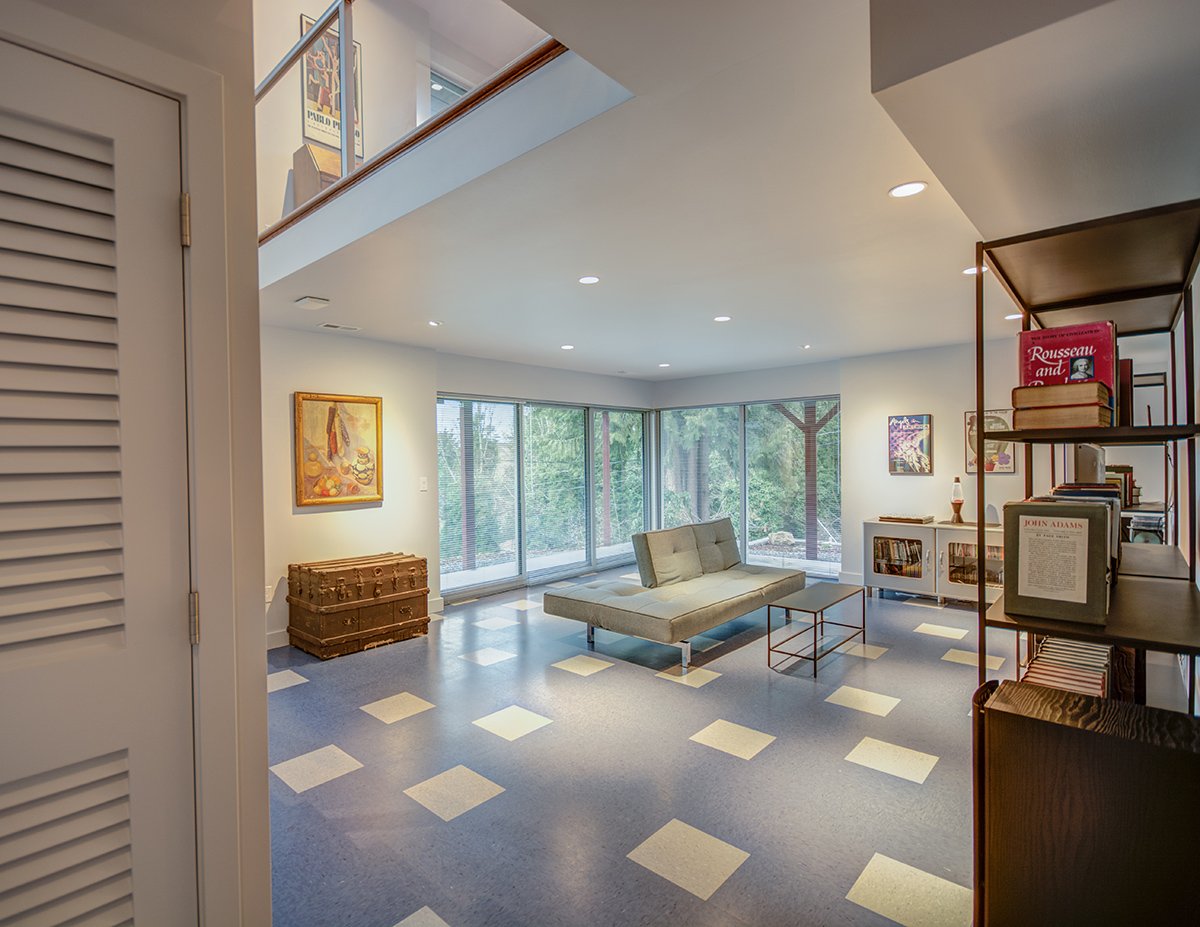 6 Common Misconceptions
6 Common Misconceptions
- Using inexpensive materials can save a lot of money.
- While materials are a significant cost in any project, the biggest cost comes from labor. For example, if you need 100 sq ft of tile and you buy tile that costs $5/sq ft instead of $10/sq ft tile, you won’t save a lot in the grand scheme of your project. Labor to install 100 sq ft of tile will still be the same no matter what tile you choose.
- The duration of a project should be short
- Home improvement shows have skewed people’s expectations for how long these projects take. They do not take weeks, they take months. Especially for larger projects like an addition. The current supply-chain challenges have only made the process longer. As previously stated, the more a project is planned out, the more efficient it runs, saving time, money, and stress in the long run.
- Smaller space = cheaper project
- Just because your space is smaller doesn’t mean it’s less complicated. For example, a 5x10 bathroom will likely cost the same as a 12x12 bathroom to renovate because they each have the same key elements (tub, toilet, shower, sink, vanity, flooring). The mobilization (the cost to get to a job, setup tools, prepare for installation, etc.) for the plumber, electrician, and tile setter is a baseline cost and stays the same, regardless of the size of the project or the price of the materials.
- It’s important to remember that you’re paying for more than the cost of your materials. Your material may be $5, but this doesn’t include the years of experience, knowledge, mobilization, tools, and preparation time that goes into installing that $5 material.
- Remodeling Services are a transaction
- The client isn't just buying something from the builder team, they’re entering a partnership where the client will need to participate for it to be successful. The best results come from a collaboration between the client and the contractor. A contractor who wants the client uninvolved during the process should be a red flag.
- Building up costs less than building out
- Building up (adding a second-story addition) can increase costs. These costs can involve fortifying the existing structure to support the vertical addition, and working beyond the scope of building the new addition.
- The cost of a renovation project comes from time and materials
- Hard costs will be the same regardless of the project size or materials chosen. These hard costs include items like project management, dump fees, permits, and design time. No matter the size of your project you’ll have the required costs. Beyond these baseline costs, are the costs associated with the client’s specific project.
Expensive Square Footage vs. Less Expensive Square Footage
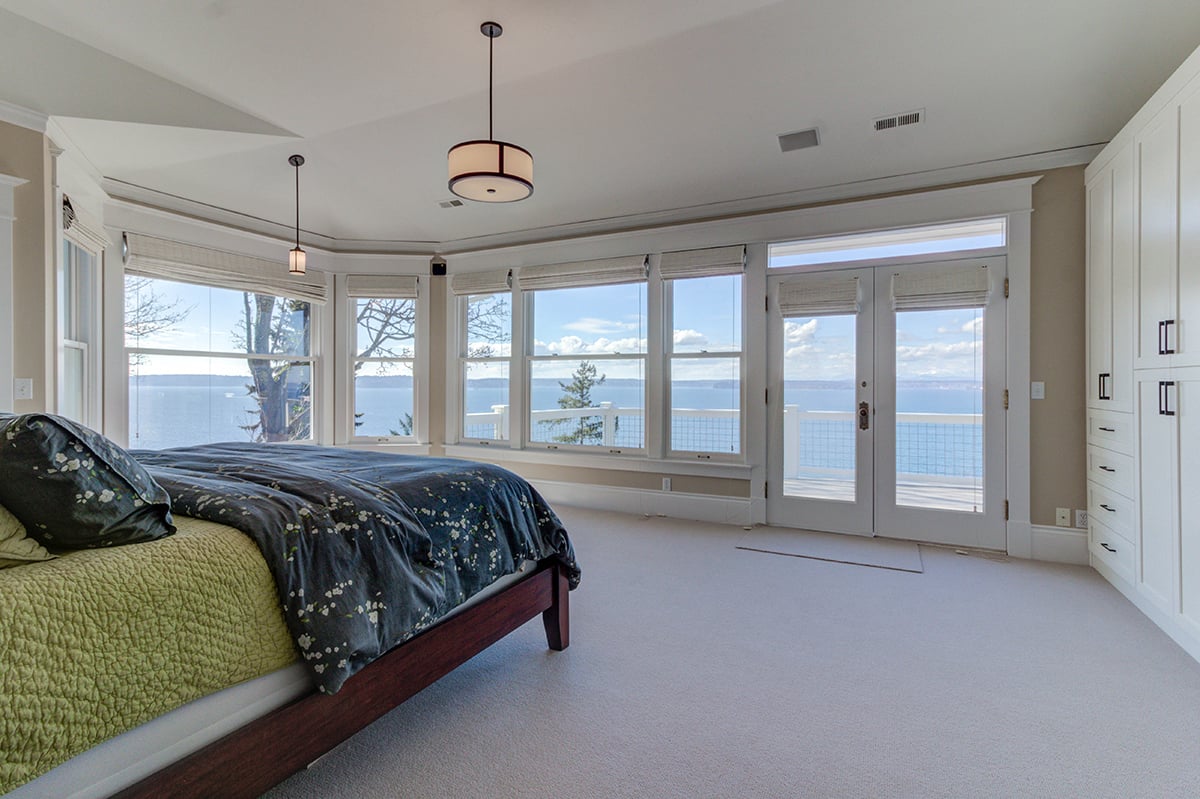 Saying, “I want an addition”, is a vague project request. What do you want in it? The type of square footage you are adding will greatly vary the price of your project. An addition with a kitchen is significantly more expensive than an addition with a bedroom. The cost is more than the square footage, it’s what else you will need for that new space. Kitchens require a significant amount of plumbing, HVAC, and electrical work, among other specialty trades, whereas a bedroom likely only needs electrical and HVAC.
Saying, “I want an addition”, is a vague project request. What do you want in it? The type of square footage you are adding will greatly vary the price of your project. An addition with a kitchen is significantly more expensive than an addition with a bedroom. The cost is more than the square footage, it’s what else you will need for that new space. Kitchens require a significant amount of plumbing, HVAC, and electrical work, among other specialty trades, whereas a bedroom likely only needs electrical and HVAC.
The Cost of a High-Quality Building Team
A quality builder is more than just someone good at the trade. Quality should stand for their craftsmanship as well as their values and treatment of clients and employees. As a responsible employer, the company needs to pay its staff a good living wage. The builder’s team members live in the same area as the client and the cost of living can be high in the Seattle area. Just as the client expects to be paid a fair living wage from their employer, the builder you work with should also pay their team fairly. Much of the builder’s income goes to the replacement of tools, wear-and-tear of vehicles, gas, time to get to the job, and the knowledge and experience of high-quality subcontractors. It’s not only the quality of the end-product that the builder produces, it’s the quality of the type of employer that they are and the company culture they maintain.
You Get What You Pay For
A homeowner should always begin by determining the amount they want to spend and then speak to a qualified contractor who will guide them through what is possible with their budget. You can only truly get an accurate price of a project by speaking with a qualified and experienced contractor. A Google search will not give you a reliable estimate because costs will vary based on the city you live in, what your needs and wants are, the cost of materials at the time you need them, and much more.
To help in the process of planning your home addition or renovation, we have created an eBook all about preparing for your Project. Download "The Homeowner’s Guide to Planning a Remarkable Renovation."

